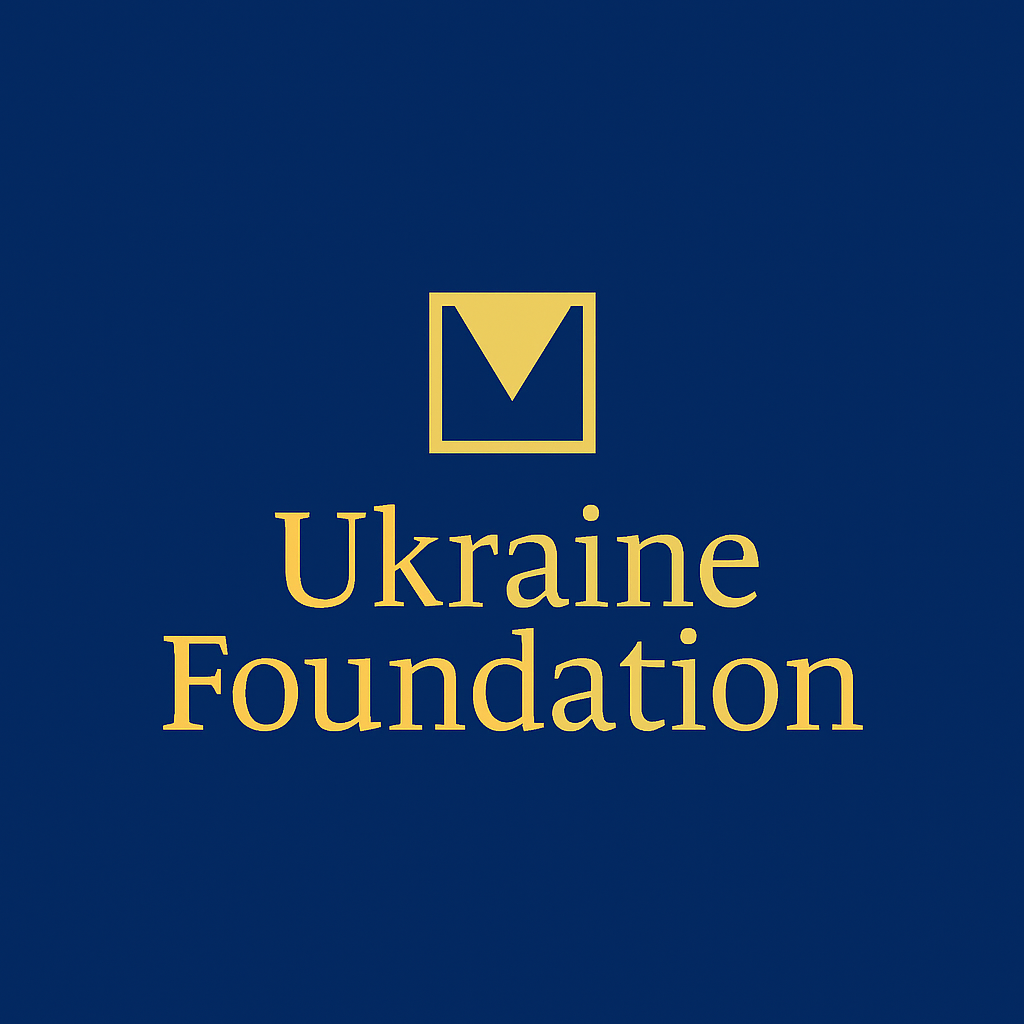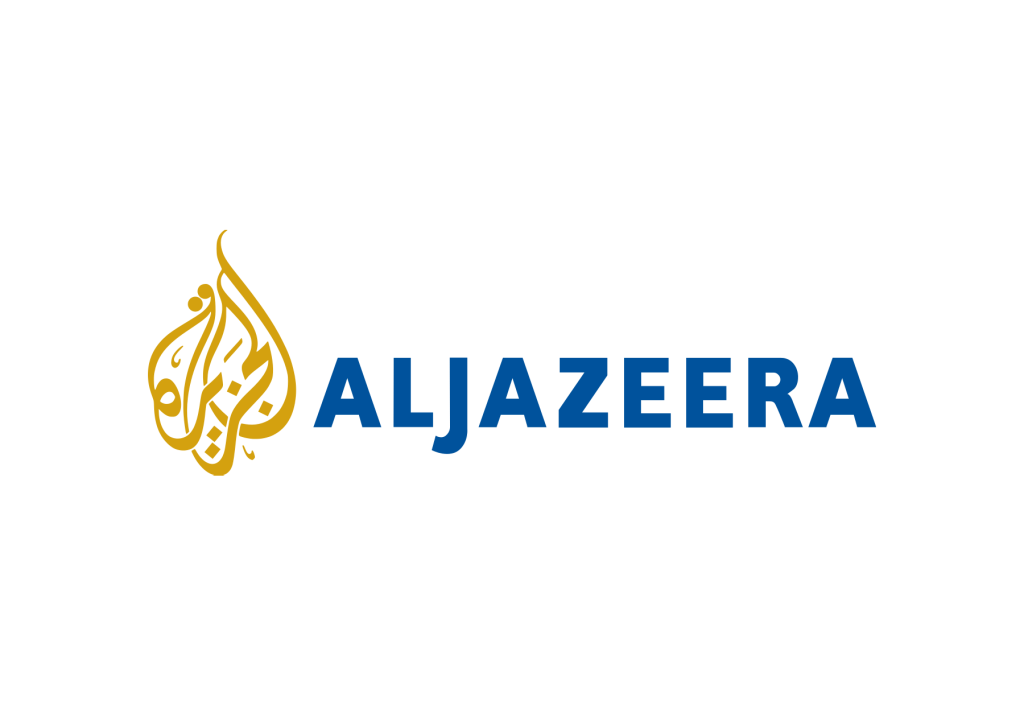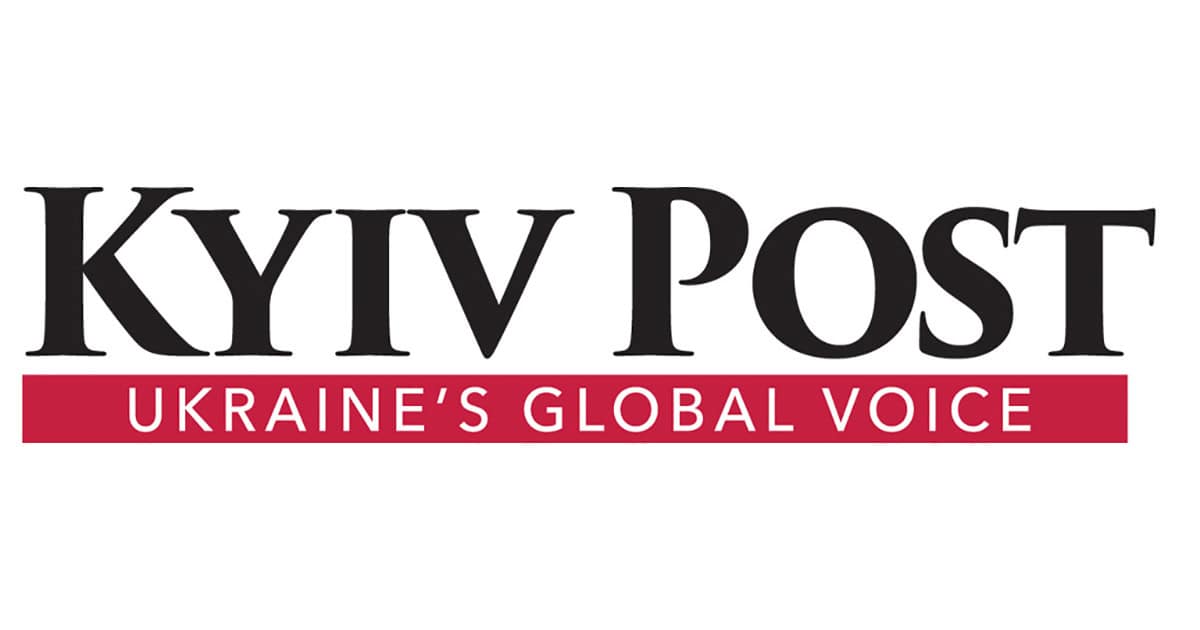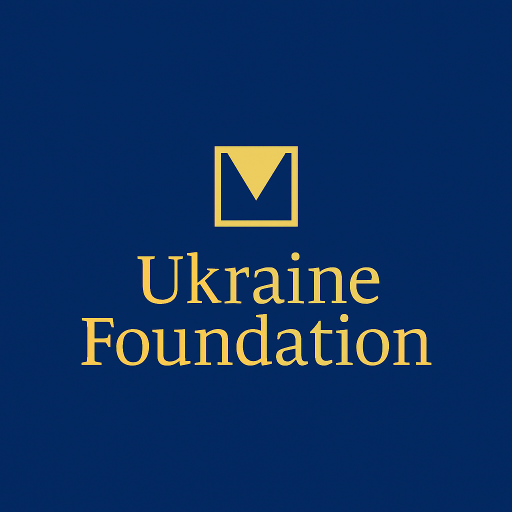Ukraine Foundation
Inspiring Change, Driving Impact
Lawrence E. O’Connell is a senior program executive and former U.S. defense and intelligence officer with more than forty years of experience in international security, intelligence, and technology management.
His career spans senior roles in the U.S. Government, the private sector, and multinational cooperation frameworks, combining operational leadership in high-threat environments with strategic expertise in counterterrorism, threat analysis, and program development.
From 2016 to 2022, Mr. O’Connell served as Program Manager at DAn Solutions in Arlington, Virginia, where he directed major technology programs supporting the U.S. Departments of Defense, State, and Health and Human Services. He oversaw multimillion-dollar contract portfolios, information systems development, and business operations serving the U.S. Agency for International Development, while leading the company through successful CMMI Level 3 certification. Earlier, he advised U.S. defense and intelligence contractors on proposal development and technical strategies for large-scale federal programs.
Between 2009 and 2015, he was Executive Vice President and Chief Operations Officer of the International Maritime Security Corporation (IMSC), a Service Disabled Veteran-Owned Small Business specializing in counter-piracy and maritime threat reduction. He guided the company from start-up to full operational capability, secured government and international partnerships, and developed advanced maritime security solutions. During this period, he also served as Advisor to the Preparedness Leadership Council, a Washington-based forum bringing together senior officials across defense, intelligence, and homeland security.
Earlier in his career, as Director of Operations for Intelligence Programs at Technology Associates International Corporation, Mr. O’Connell managed initiatives for the U.S. Departments of Defense and State, as well as the Mexican government. He led the development of a U.S.–Mexico public health biosurveillance network under bilateral presidential authorization and supported projects that positioned his company for major federal contract awards.
From 1981 to 2007, he held senior analytical and operational positions within the U.S. Department of Defense, reaching the GS-15 level. Deployed across Europe, North Africa, the Middle East, and Central Asia, he directed intelligence and interagency operations in support of counterterrorism and counterinsurgency missions. His leadership contributed to the prevention of attacks against U.S. and allied personnel and to the creation of enduring models for intelligence coordination.
Mr. O’Connell is the author of several analyses on maritime and transnational threats, including Predicting Piracy (2009), Commercial Shipping: The New Threat Nexus (2010), Changing Threats in Maritime Piracy (2011), and Countering Piracy: More Than Just Countering Pirates (2012).
His service has been recognized with the Intelligence Community Trailblazer Award for Operational Innovation, the National Intelligence Distinguished Service Medal for Iraq Service, and the Interagency Mission Leadership Award.
He holds a Bachelor of Arts in Economics and International Studies from the University of Illinois at Urbana-Champaign, with regional specializations in Russian and Chinese studies, and completed advanced language programs at the U.S. Defense Language Institute and the U.S. Department of State.
A former member of the U.S. Marine Corps Reserve, he speaks Russian and Czech, with additional proficiency in Serbo-Croatian and basic Mandarin.

New York: Read the latest publication with Asia Society of our International Advisory Board member, Ambassador Pierre Andrieu on China-Russia Relations since the Start of the War in Ukraine.

In his August 20, 2025 Asia Society report “China-Russia Relations Since the Start of the War in Ukraine,” our International Advisory Board Member, Ambassador Pierre Andrieu, Senior Fellow at Asia Society Policy Institute’s Center for China Analysis, scrutinizes how Russia’s invasion of Ukraine has accelerated Sino-Russian cooperation -particularly through the rapid deepening of trade, sanctions circumvention, and the poignant asymmetry of the relationship despite the “no-limits” rhetoric that preceded the conflict.
China-Russia Relations Since the Start of the War in Ukraine – August 20, 2026
Doha: Watch our International Advisory Board Member, Dr. John A. Pennell, commenting to Al Jazeera on the Alaska Summit

Princeton University & Modern War Institute At West Point: Dr. Mariya Heletiy Publishes “The Balkans Model and Conditions for Peace in Ukraine” In the Irregular Warfare Initiative
We are proud to share the latest contribution from Dr. Mariya Heletyi, whose new article has been published by the Irregular Warfare Initiative, a joint project of Princeton University’s Empirical Studies of Conflict and the Modern War Institute at West Point.

In “The Balkans Model and Conditions for Peace in Ukraine,” Dr. Heletiy draws on the experience of the Balkan conflicts to analyze the irregular warfare nature of Russia’s invasion of Ukraine and what it means for peace-building. Her analysis offers a sobering but necessary perspective: that peace in Ukraine cannot be built on traditional negotiations alone.
Using the backdrop of Russia’s repeated violations of ceasefire agreements -most recently its broken “Easter truce”- Dr. Heletiy argues that today’s hybrid conflicts require more than diplomatic handshakes. The war in Ukraine spans far beyond the battlefield, touching diplomatic, informational, economic, humanitarian, and military fronts. As she points out, ceasefires in irregular conflicts often serve less as a path to peace and more as a pause for regrouping and rearming.
Drawing lessons from the Balkans, Dr. Heletiy proposes that irregular warfare tools -such as economic pressure, information campaigns, and unconventional tactics- must be part of any comprehensive strategy for sustainable peace. Her article warns against the false comfort of conventional approaches that do not account for the ideological drivers, asymmetries, and non-state actors that continue to shape today’s conflicts.
We encourage everyone interested in peace and security in Ukraine and beyond to read Dr. Heletiy’s full piece, which brings deep insight and strategic clarity to one of the most pressing issues of our time.
Check out Maksym Beznnosiuk’s latest publications and media appearances

The Kremlin’s Drone War Has Gone Strategic: Ukraine Must Brace Itself for an Onslaught – August 5, 2026
The Kremlin’s Drone War Is Now a War on Ukraine’s Resilience – July 26, 2025
Russia’s Drones Campaign Part of Its Hybrid Warfare Strategy – June 26, 2025
G7 NB: Kremlin’s Hectic Summer Offensive Preparation and Looming Humanitarian Crisis – June 16, 2025
Negotiating Under Fire: The Kremlin’s Offensive Diplomacy – June 1, 2025
Istanbul Deception: Kremlin’s Peace Talks’ Trap – What West Must Do About It – May 20, 2025
Why the Kremlin’s Peace Narrative Is Strategic Deception – May 12, 2025
FAQs
What is the focus of Ukraine Foundation’s work?
Ukraine Foundation is an independent, mission-driven research and impact organization dedicated to advancing peace, resilience, and innovation in Ukraine. Our work combines rigorous policy research with practical initiatives that strengthen Ukraine’s international partnerships, support innovation and technology, and promote cultural resilience amid the ongoing war.
How does the Foundation turn research into impact?
We believe research should lead to real-world change. Our policy programs —Ukraine in Europe, China in Ukraine, and Ukraine in the Global South— produce insights that shape international dialogue and policy. At the same time, our impact initiatives foster cooperation between governments, businesses, academia, and civil society, ensuring that ideas translate into action for Ukraine’s security, prosperity, and influence.
How can individuals and organizations engage with the Foundation?
Engagement is central to our mission. Partners, experts, and supporters can collaborate through joint research projects, public events, and strategic initiatives in innovation and culture. We also welcome contributions to our programs that amplify Ukraine’s voice globally and strengthen its resilience at home.
How can I support Ukraine Foundation?
You can support our mission by contributing financially, partnering on research or impact projects, or amplifying our work through your professional networks. Every contribution -whether funding, expertise, or visibility- helps us strengthen Ukraine’s resilience and global partnerships.
Does Ukraine Foundation accept volunteers or research fellows?
Yes. We welcome dedicated professionals, researchers, and students who want to contribute to our policy and impact agenda. Opportunities range from short-term projects and fellowships to longer-term engagement with our programs and initiatives.
How can organizations collaborate with the Foundation?
We actively partner with think tanks, universities, governments, businesses, and NGOs to co-develop research, host events, and implement projects that drive meaningful change. Organizations interested in collaboration can reach out to us directly to explore tailored partnerships.
